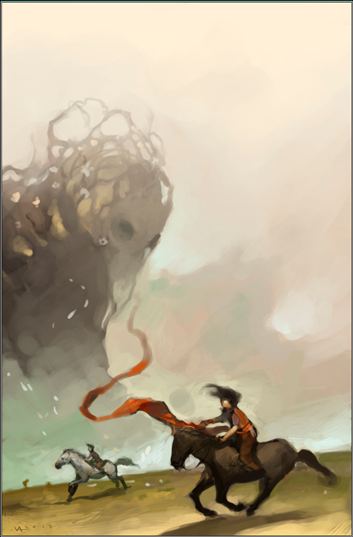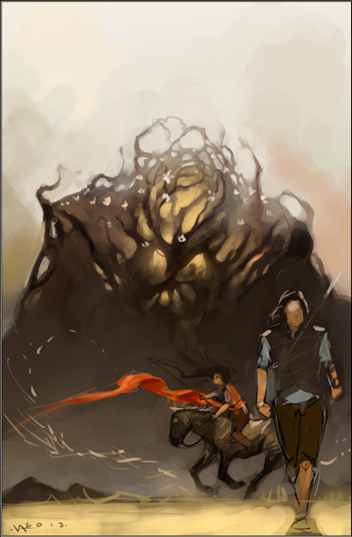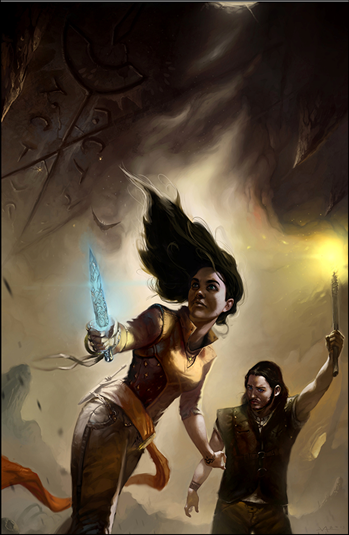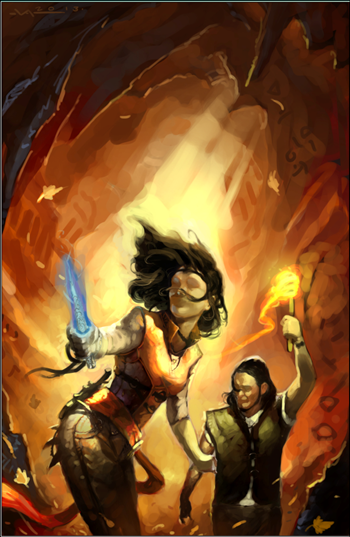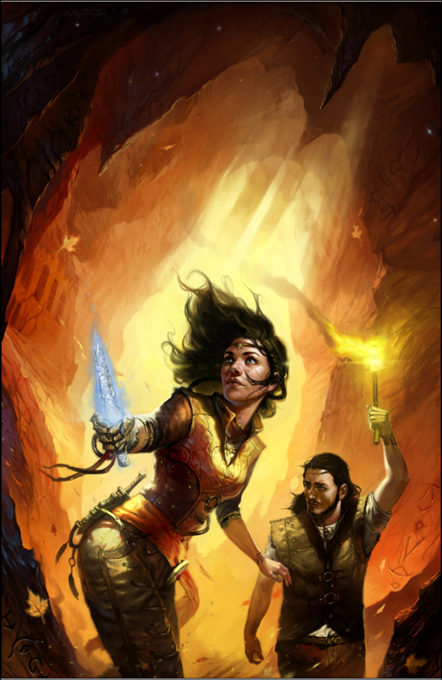Recently a fellow writer brought up this post by author Kameron Hurley. He has a lot of interesting things to say (and some cool covers in his sidebar). A Steve Martin quote features prominently: “Be so good they can’t ignore you.”
That sounds like excellent advice, doesn’t it?
Until you start to think about it.
Are there authors out there who strive to be just okay? That set goals to be mediocre?
“Marge, keep the kids away! Bring me no lunch. Because today, do or die, I am determined to write a middling tale about lukewarm characters with a so-so plot!”
!?
I believe our writer of measley aspirations just might just be a strawman.
Be good enough they can’t ignore you, Martin says.
Wow, sounds good. Except let’s test it out. Let’s take some of the least-ignored authors of our day.
For millions of readers J. K. Rowling is NOT a great writer. And neither is Harper Lee. Or Steven King. Or Orson Card. Or Brandon Sanderson. Or Lee Child. Or Nora Roberts. Or whomever. Insert whom you will–the vast majority of the reading public ignores or eschews them.
The vast majority of the reading public is not moved by them in the least.
Stephenie Meyer is a great writer for some. She gave them such a moving experience they dress up and relive it all at balls. She’s a horrible writer for others. Most people haven’t read her or gone to see her movies.
The Bible is THE most life-changing, most moving book that millions have read. For others it’s a piece of trash.
It seems that following Martin’s advice is a really good way to lose a lot of time galavanting after shrubberies only to then have your throat ripped out by the Rabbit of Caerbannog.
Woe is me, for I should have stayed home with my lovely wench and lovely children and eaten more peas and read about sparrows. Zounds, but the blood my mother gavest me, at nine-month cost, now flows silently onto the sterile rocks. . .
You can create great product, stuff made with extraordinary skill, and still not be Great because you’re earth-shattering stuff speaks to and shatters only a small portion of readers.
I say forget greatness!
Just sing. And revel in the singing. And the new songs your voice can carry as your skill grows. And share that reveling with all who enjoy such singing.
Because it’s not about greatness. It’s about the song.
And then go home and enjoy the laughter and coversation of the woman/man at your hearth, the children/cats at your feet, and the lovely taste of the fresh green peas.
(Dear me, I believe I just equated children with cats. And yet, does it not sound just right?)
John, you ask, what about goals? What about being all you can be? Are you saying it’s okay to schlub your way through life and writing?
You must choose your own path. But I would never say don’t have goals. Nor would I say don’t try to write the best book possible . . . for the particular type of story you’re trying to tell.
I think we all benefit by singing our types of songs to the very best of our ability and then trying to enlarge that ability as much as we can.
That generates more joy in the giver and the receiver.
But the quest to be Great so some amorphous “they” (who is they?) can’t ignore you seems foolish. It disregards the idea that it’s impossible to write great books for all audiences. But that’s not its only problem. It also seems to be all about the writer, and not the sharing. Me-me-me is, ultimately, such a hollow prize.
It seems to me that it’s so much better to quest after singing, not to be noticed, but to deliver a service that I and the reciever can both rejoice in together. And then to increase that joy.







